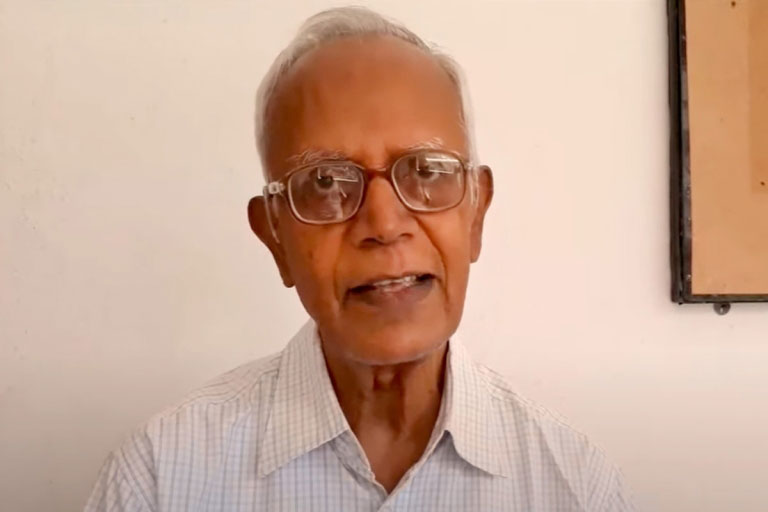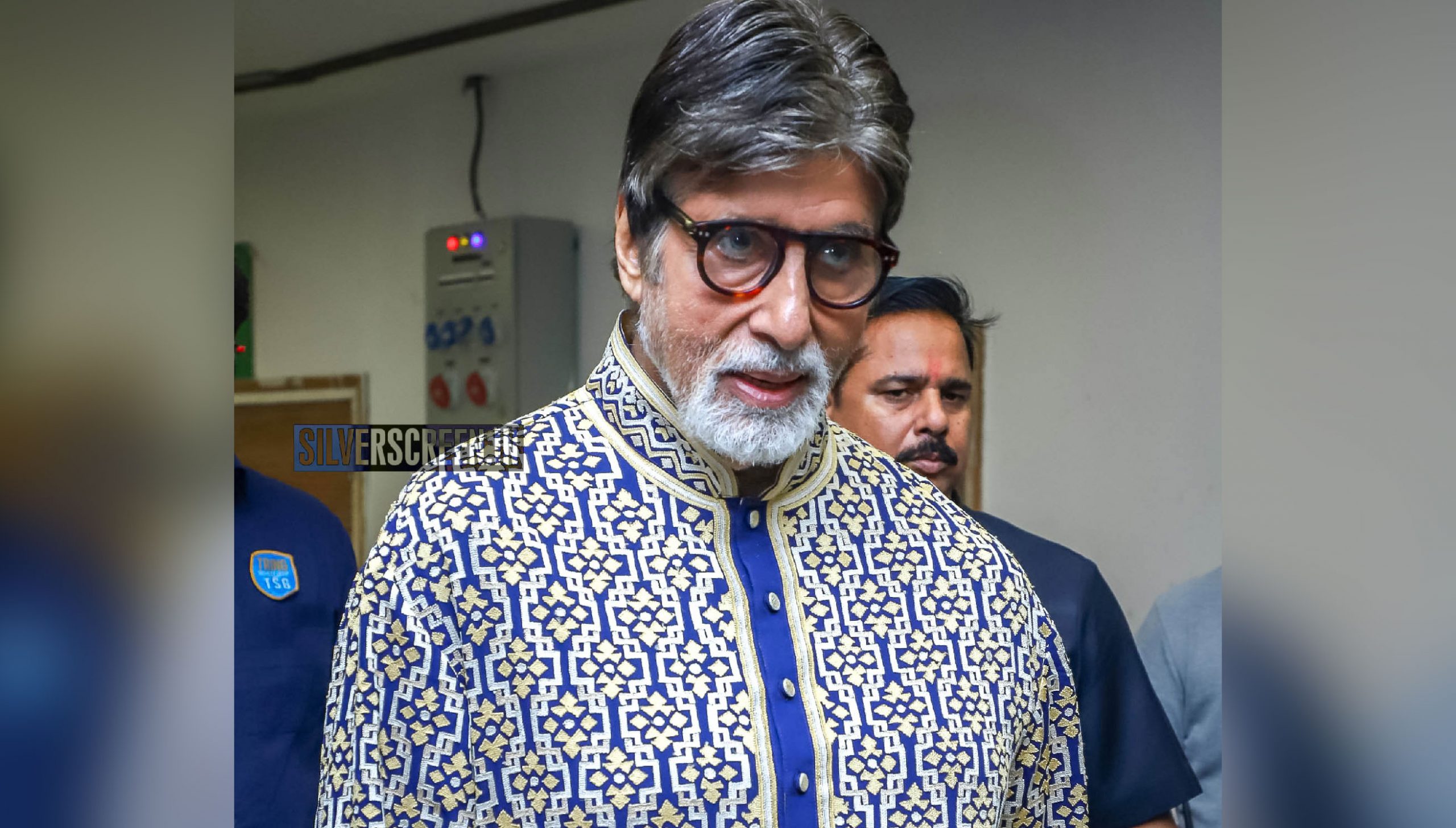Father Stan Swamy, the 84-year-old Jharkhand-based tribal activist who is a co-accused in the Bhima Koregaon case, tested positive for Covid-19 on May 30, Live Law reported.
The result came a day after the Bombay High Court directed the Maharashtra government on May 28 to transfer Swamy to the Holy Family Hospital from Taloja Central Jail for treatment.
In January 2018, violence broke out a day after the annual celebration called the Elgar Parishad at Bhima Koregaon, a panchayat village in Maharashtra, to mark the 200th anniversary of the Battle of Bhima Koregaon. In 1818, Dalits of the village fought the battle as soldiers (mahars) in the British army and defeated the Brahmin Peshwa Bajirao II.
Swamy along with 15 other activists and scholars were accused of having Maoist links, backing the event that led to the violence, and were arrested under the stringent Unlawful Activities (Prevention) Act. They have been awaiting trial for the past three years.
Based in Jharkhand, Swamy has worked several years for the rights of the Adivasi communities. He was taken into custody by the National Investigation Agency (NIA) on October 8, 2020. He had filed a petition in the court against the state demanding undertrial prisoners to be released on a personal bond, which he believed to be “the reason for involving him in a serious case” and to “stall the judicial process to give justice to the poor innocent Adivasis”.
The NIA had claimed in its chargesheet that Swamy was a CPI (Maoist) cadre who was communicating with other cadres, receiving funds from them and that was a convenor of CPI (Maoists)’s frontal organisation- Persecuted Prisoners Solidarity Committee. It also claimed that it had recovered incriminating documents, literature and propaganda from him which he denied saying they were “fabricated”.
His bail application was pending with the court since November 2020 on the grounds that he was being framed in the case by the NIA due to the nature of his work and on medical grounds. The plea mentioned that he was suffering from ailments, including Parkinson’s Disease that causes tremors in his hands, hearing loss, has undergone two hernia operations, and suffers intense pain due to lumbar spondylosis.
Challenging the rejection of his bail plea by the NIA court this year in March, Swamy moved the Bombay High Court in April seeking interim bail, citing the rising cases of Covid-19 inside the prison along with his other critical medical conditions.

On May 18, following Swamy’s complaint of cough, fever, an upset stomach and weakness, he was admitted to the state-run JJ Hospital but was taken back to the Taloja prison the same day after he underwent a few tests.
The next day the Bombay High Court ordered the Taloja Central prison to arrange for the medical examination of Swamy at the JJ Hospital on May 21.
During the hospital visit, Swamy was produced before the court through video conference.
Recommended
Swamy had pleaded with the Bombay High Court to grant him interim bail so that he could return to his family in Ranchi, when asked if he would like to get admitted to the state-run JJ hospital. He said he preferred Taloja prison over the state-run hospital.
“No, I would not want to. I have been there thrice. I know the set-up. I don’t want to be hospitalised there. I would rather suffer, possibly die very shortly if this were to go on. I would prefer this, than be admitted at the JJ Hospital. It is a very difficult moment for me,” said Swamy.
Explaining how the core systems of his body were still functional when he was brought to the Taloja Central prison eight months ago, Swamy said that he could walk, bathe, eat and write by himself then but now there has been a “steady by slow regression of whatever my body functions were”.
Swamy’s bail hearing has been scheduled for July 7.



